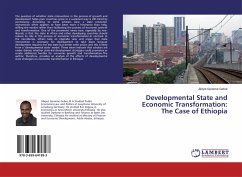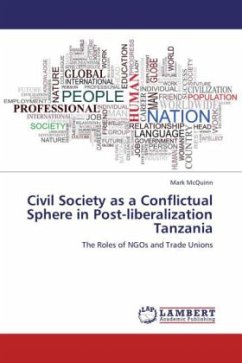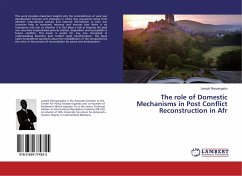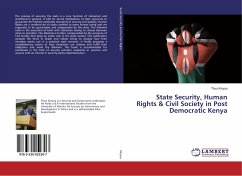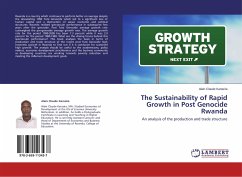This book is a modest but far reaching case study of Tajikikistan's 1992 to 1997 civil war and post-war transformation. From a third sector perspective, the author makes informed analysis of events during and after the war by applying contemporary peace and conflict theories and concepts to verify achievements of various Peace Accords in Tajikistan. It observes the corrupt and authoritarian regimes with unstable economy. It underscores the positive interventions of the non-governmental sector including local and international NGOs and CBOs in traditional forms of local self-governance in peacebuilding and local empowerment.This is why author applies merits and demerits analysis to third sector participation in conflict transformation. The research engages effectively in government policy and collaboration with NGOs. Using empirical research, it suggests that despite inherent challenges imposed on civil society building, coupled with absense of social contract and features of negative peace, it is impossible to undermine traditional approaches in reconciliation, peacebuilding and development projects. Highly recommended for negotiators, NGOs and researchers in development studies.
Bitte wählen Sie Ihr Anliegen aus.
Rechnungen
Retourenschein anfordern
Bestellstatus
Storno


